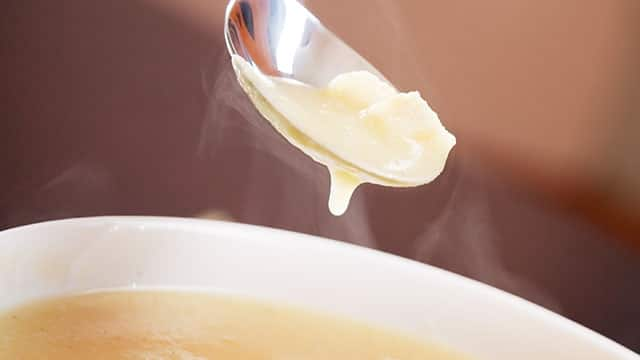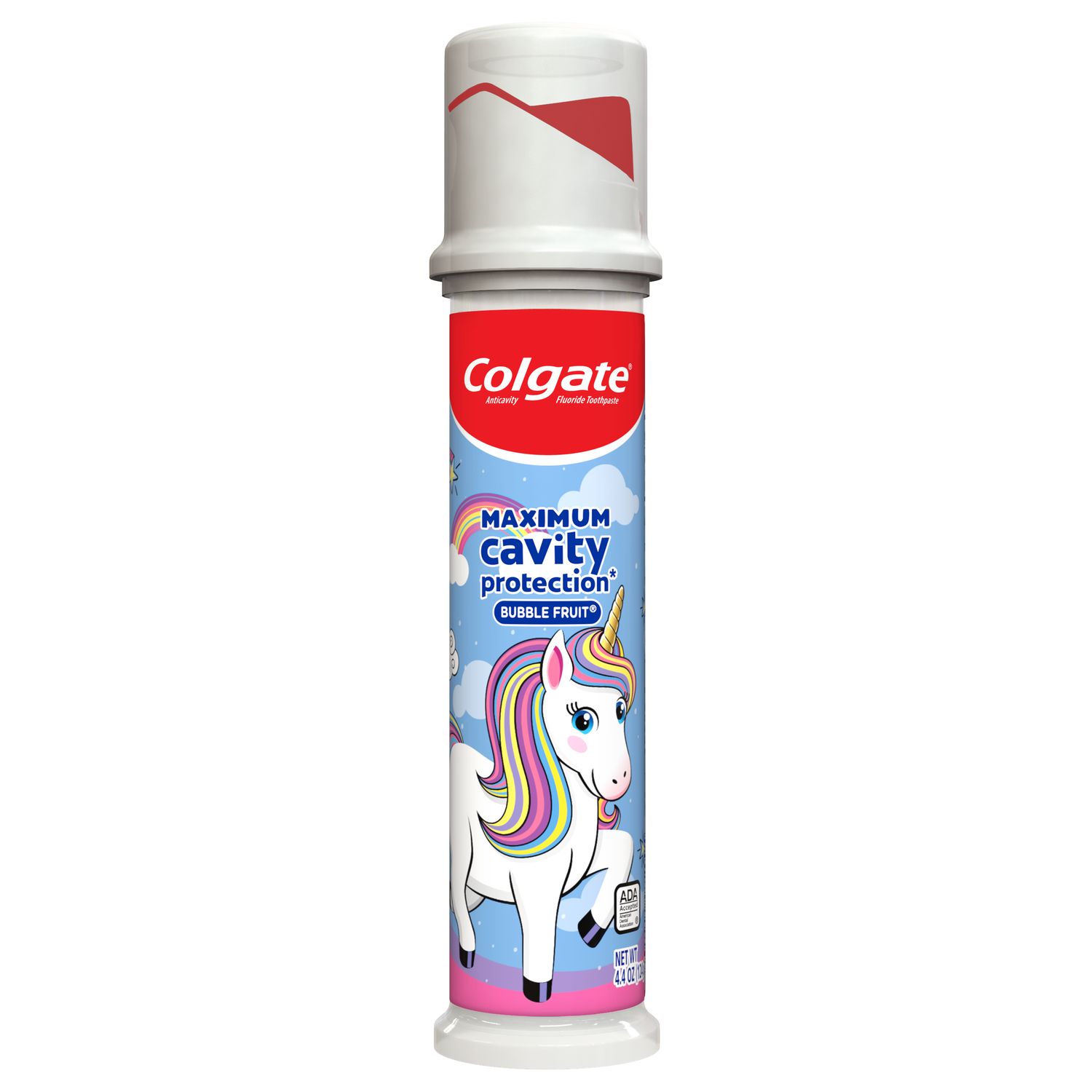How Does Nutrition Impact Your Oral Health?
A poor diet can lead to gum disease and tooth decay. Foods high in carbohydrates, sugars, and starches significantly contribute to plaque acids that attack the tooth enamel. Eventually, these acids can cause tooth enamel to break down, forming cavities.
If you eat foods high in sugar or starch, try to eat them during meals rather than between meals, and avoid any foods that stick to your teeth because these can produce more plaque biofilm. Saliva production rises during meals and chewing, which can help rinse food and acids from the mouth.
Poor nutrition can also lead to avoidable systemic diseases such as:
- Type 2 Diabetes
- Autoimmune disorders
- Cancer
- Stress
- High blood pressure
- Mental and behavioral delays in children
How To Meal Prep for a Healthy Mouth
To maintain a balanced diet, eat a variety of foods from each of the five major food groups and limit the snacks you eat. Foods eaten as part of a meal cause less harm because the saliva released helps wash foods from the mouth and lessen the effects of acids.
Meal prepping is an excellent way to save time and money—not to mention you can create delicious meals that contribute to a healthy mouth and body. Meal prep ensures you have the right portions for a filling meal. By preparing whole meals ahead of time, you can easily customize your meal prep around your health goals, daily schedule, and your family's taste preferences.
Here are some standard meal prep methods you can use to save time:
- Ready-to-eat meals: By cooking an entire meal before you need it, you can save time and still get something nutritious on the table. Perfect for busy weeknights and lunches, a little extra time assembling a complete meal in the kitchen on meal prep day will make the next few days easier on you.
- Batch cooking: Choose a few recipes that use similar ingredients and prep those ahead of time. Unlike a make-ahead meal approach, this gives you more meal variety throughout the week without having to do much extra work. For example, cooking up a few pounds of chicken breast can work for taco night and also serve as a lean protein for spinach salads or hearty power bowls later in the week.
- Chop up ingredients: Similar to batch cooking, while your cutting board is already out, go ahead and chop up some staple ingredients you know you'll already need for later in the week. You can batch out some vegetables or chicken breast, then pop them in the freezer to thaw later.
Other foods to consider adding to your family's meals include:
- Dairy: Not only are milk and dairy excellent sources of calcium and protein, but they can also help balance the pH level in your mouth.
- Lean Proteins: Lean proteins like chicken, fish, and eggs are full of phosphorus, which strengthens teeth.
- Fruits and Vegetables: Get more fiber into your diet with fruits and vegetables. Antioxidant-rich foods can also play a role in protecting gums from infection.
- Nutritious Snacks: Skip the snacks loaded with added sugar. Instead, help out your mouth by reaching for cheese, raw vegetables, plain yogurt, or a piece of fruit.
Other Info About Nutrition and Oral Health
Don't forget to practice these oral care habits in addition to a diet that's full of mouth-friendly foods.
- Brushing your teeth twice a day
- Flossing or interdental cleaning daily
- Preventing plaque biofilm buildup and odor-causing bacteria with a tongue scraper
- Regular dental visits twice a year for a check-up and professional cleaning
Your diet plays a major role in your oral health. You don't need to avoid harmful foods altogether, but making them a treat rather than a staple will go a long way. Follow these helpful nutrition and oral health tips so you can help protect your teeth for years to come.
Oral Care Center articles are reviewed by an oral health medical professional. This information is for educational purposes only. This content is not intended to be a substitute for professional medical advice, diagnosis or treatment. Always seek the advice of your dentist, physician or other qualified healthcare provider.
ORAL HEALTH QUIZ
What's behind your smile?
Take our Oral Health assessment to get the most from your oral care routine
ORAL HEALTH QUIZ
What's behind your smile?
Take our Oral Health assessment to get the most from your oral care routine















